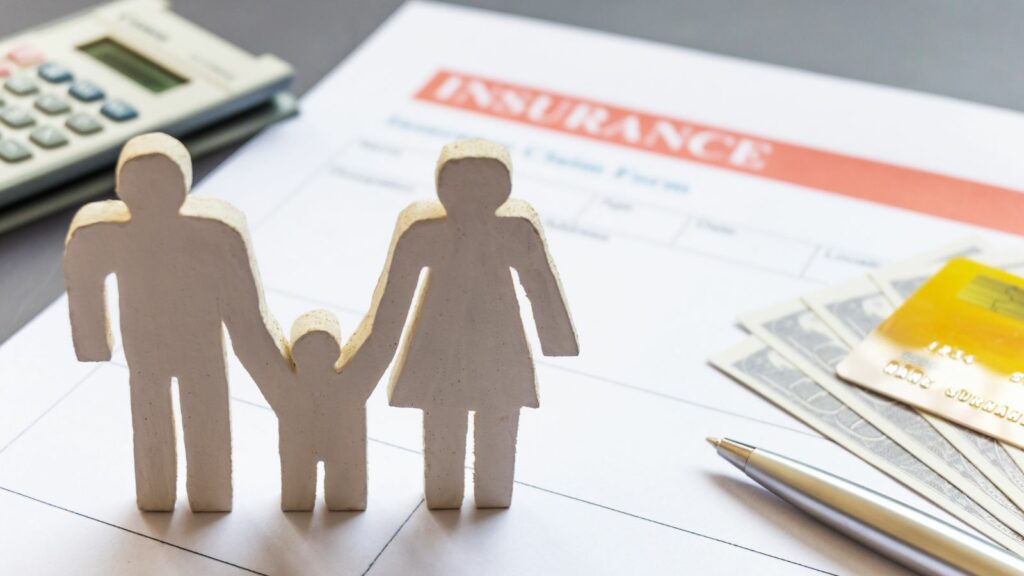In the hustle and bustle of today’s fast-paced world, the importance of family life education often gets overshadowed. Yet, it’s a vital tool that equips individuals with knowledge about the nuances of relationships, responsibilities, and values that make a family tick.
This article sheds light on the significance of family life education, its benefits, and how it contributes to creating a harmonious home environment. It’s an essential read for anyone seeking to foster stronger family bonds and navigate the complexities of familial roles more effectively.
Family Life Education
Delving deeper into the subject, exploring the details of family life education remains equally as important. It’s interesting to note here how this form of education brings harmony to households, bridges gaps, and fosters improvement in everyone’s life.
Family life education plays an integral role in developing understanding and practical skills necessary for everyday living. It’s more than mere academic learning, as it entails learning life skills and understanding the dynamics of family relationships. Missing pieces in healthy family interaction patterns, understanding of roles and responsibilities, and strengthening family bonds – these are the gaps that family life education effectively fills. For example, family life education programs may cover topics such as improving communication skills, understanding others’ perspectives, and managing conflict.
Core Components of Family Life Education
Crucial components of family life education comprise developing an understanding of essential life skills, promoting a healthy family lifestyle, and preparing individuals for future responsibilities. Programs or strategies that implement family life education ensure to include components like decision-making, problem-solving, interpersonal communication, and understanding self and others. For instance, they may incorporate sessions that cover effective parenting skills or ways to maintain a healthy balance between work and family life.
Educators in Family Life Education
Delving into the sphere of educators in family life education, it becomes clear that this education doesn’t stem from a single source but is instead offered by a multitude of providers, including schools and parents alike.
In the realm of family life education, schools stand as crucial players. They spearhead campaigns that encourage a broader understanding of familial relations and responsibilities. Schools not only include family life education in their curricula but provide essential resources, such as counseling and workshops, tailored toward the needs of diverse families.
Students get the opportunity to learn about relationship dynamics, conflict resolution, and life skills during specific classes and seminars. Moreover, schools play a critical role in laying a foundation for future family life by instilling virtues such as respect, empathy, and compassion among students.
Approaches to Family Life Education
This section broadens the scope of the discourse, driving into the various approaches employed in family life education over time. Irrespective of the era, these approaches share a common objective: fostering and maintaining healthy family relationships.
Traditional structures of family life education functioned primarily within established societal norms and beliefs. During this era, the primary sources of family-related education were seniors in households, religious leaders, and community elders. They passed down knowledge orally through stories, proverbs, and daily interactions, focusing chiefly on respect, responsibility, communication, and other values fundamental to maintaining familial harmony. Parenting, spousal relationships, and child up-bringing followed the traditional educators’ guidelines, and community-built norms created a homogenous learning approach across multiple generations.
Contemporary Approaches to Family Life Education
In contrast with the past, contemporary approaches to family life education offer a more structured and comprehensive curriculum. The process has evolved to incorporate studies consistently updated to counter modern family challenges. Besides the family, schools and other educational institutions are recognized as crucial contributors in this approach. They foster programs inclusive of sex education, financial literacy, conflict resolution, and other essential life skills to prepare individuals for successful family roles in the future. Furthermore, technological advances have transformed this education process, enabling families to access a wealth of knowledge with a click, right from digital parenting workshops to online family counseling sessions.




